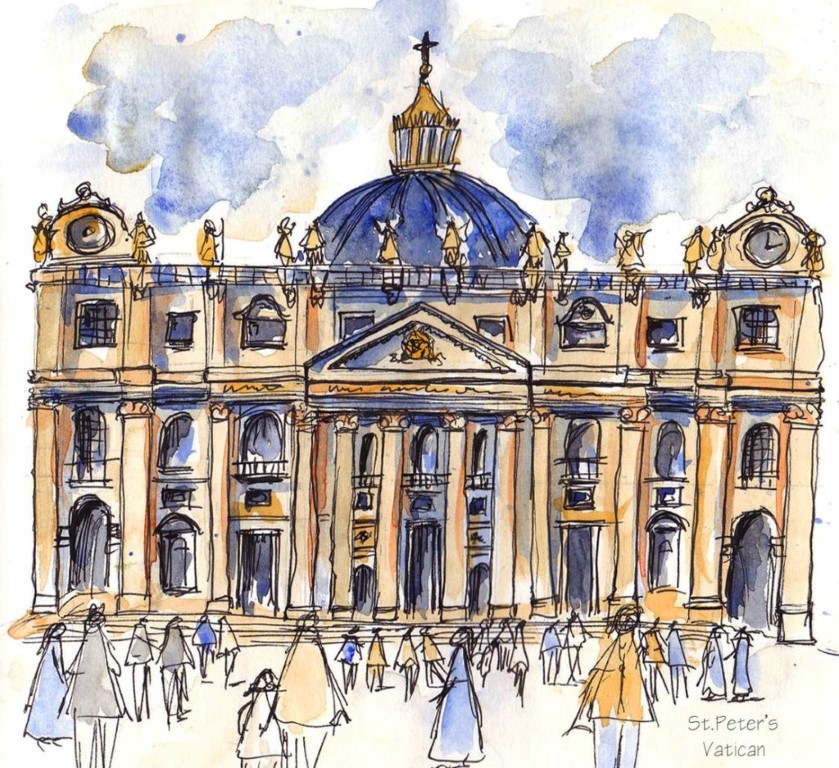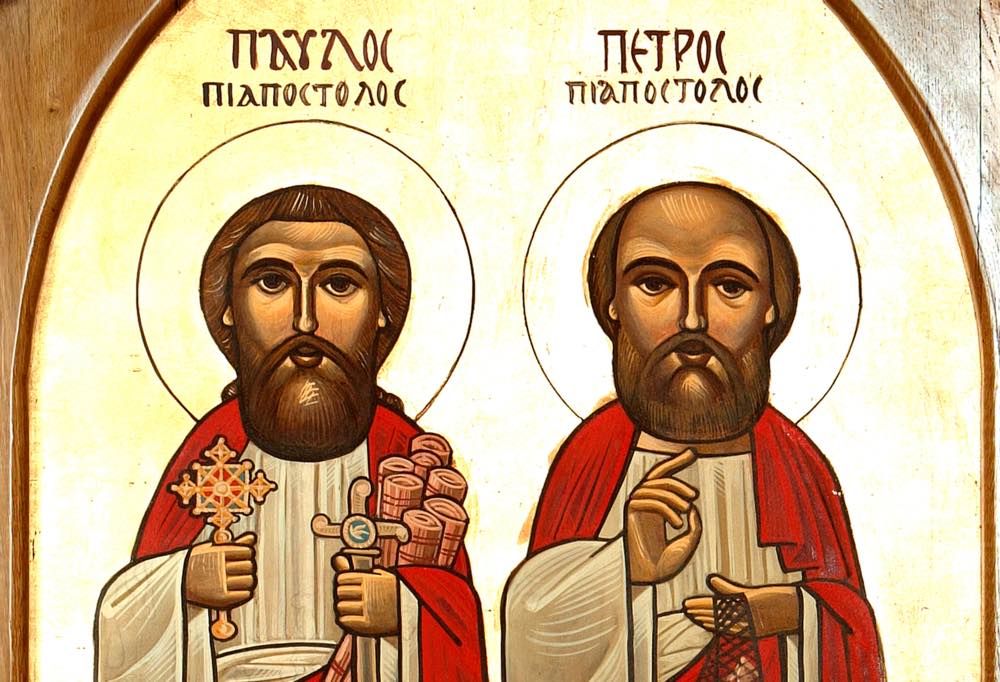– Corrado Gnerre
I hear a lot talking in the past about the “Romanity” of the Church. Now not so much. What is that? Is it so important?
Dear …, Romanity is a cultural judgment and a criterion of civilization that has been (and still is) very important. Note well: very important not only for western civilization in general, but also for Christianity itself, for its spread and therefore for it being the foundation of western civilization itself.
I must confess to you that I have always had a great admiration for the persona of St Francis Xavier. An extraordinary saint who left all alone for the Indies to bring the Gospel to that land. He left without anything, only with the wealth of his Grace and his Faith. A true giant of holiness. Yet what were the results of his mission? Certainly many conversions, certainly the great example of his that we admire and which still builds us … but the East and the Far East, unfortunately, have remained culturally and numerically non-Christian.
What were the results of the various saints like Saint Patrick, Saint Boniface, Saint Colombanus who evangelized Northern Europe? In fact, those lands have become both culturally and numerically Christian. So, can we conclude that St Patrick, St Boniface and St Columbanus were holier than St Francis Xavier? Obviously not. So what is the explanation? It is in fact that while Saint Francis Xavier found a “terrain” not predisposed to accept the Gospel, it was not so for those who evangelized the lands of Northern Europe. Saint Francis Xavier found lands where the dimension of individual freedom was almost absent and therefore the same awareness of the otherness between the individual and the whole.
On the other hand, the philosophical foundation of Eastern and Far-Eastern religiosity is pantheistic monism in which there is no room for individual reality. Those who evangelized Europe, on the other hand, found a “land” already prepared for the Gospel proclamation, a “soil” already cleared. And, dear …, do you know from what? From Roman law. Certainly, in the ancient world there was still no real concept of person, but there is no doubt that in Roman law there was already the dimension of the otherness between individual and state institution which will serve to make Christianity accepted with its constitutive element. Recognition of the ontological substance of the human person, of his individuality and of his inalienable rights.
Dante Alighieri, who with his Comedy summarizes all medieval thought, says it: it is true that the Roman Empire persecuted the first Christians, but it is also true that it was not only a criterion of civilization, but also played a providential role for the spread of Christianity itself.
Think, dear …, how much the apostles and their successors took advantage of a political, cultural and linguistic unification, provided precisely by Roman times.
But Dante rightly goes beyond the historical data of the providential role that Romanity and then the Roman Empire would have played for the achievement of the Christian society; he also says that the future of Christianity can only be in the preservation of its Romanity. In Paradiso, Dante dialogues with a large eagle made up of many blissful souls.
On the other hand, this precisely was the answer to the prayers on that fateful Christmas night in the year 800. At the behest of the Pope, a great king like Charlemagne was born, of what was later called the Holy Roman Empire. The Holy Roman Empire that was precisely wanted by Providence.
For those who believe – like me and I also hope like you, dear … – that history is not only a succession of events without meaning, or facts that happen randomly, but instead the action of the will of God that uses the free collaboration of man. Then, even certain coincidences cannot fail to have a meaning. Dear …, have you ever wondered why the Roman Empire begins with one Romulus and ends with another Romulus (Romulus Augustolo) and why the Holy Roman Empire also begins with a Charles (Charlemagne) and ends with another Charles (the blessed Charles of Habsburg)? Coincidence? Bah!
(From La buona battaglia. Apologetica cattolica in domande e risposte, 2019©Chorabooks. Translated by Aurelio Porfiri. Used with permission of the publisher. All rights reserved)


 Follow
Follow


